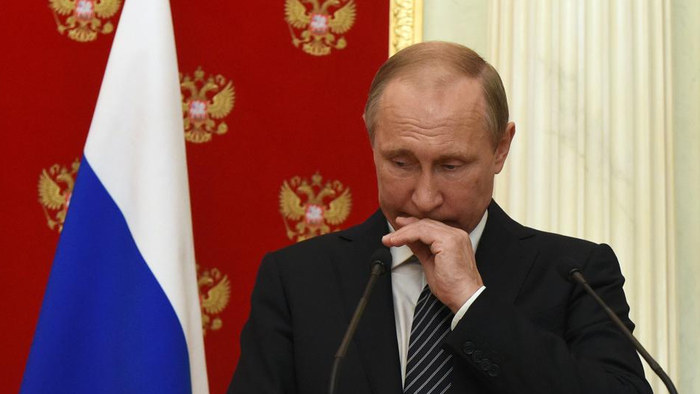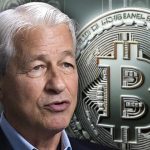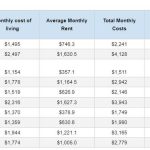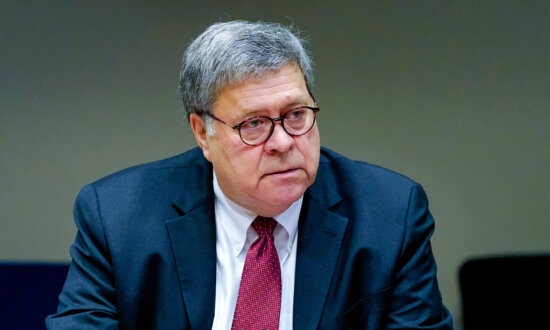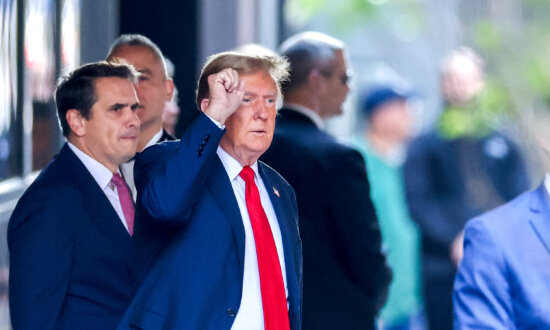After two days of Russia-NATO talks, the first on Monday in Geneva and the latest Wednesday in Brussels – and with a third being held Thursday in Vienna at the “Organization for Security Co-operation in Europe”, there’s a consensus that no progress has been made, particularly after the US and NATO rejected as “a non-starter” Russia’s central demand that the Western military bloc halt its eastward expansion.
However, NATO Secretary-General Jens Stoltenberg strongly suggested that both sides remain open to further talks, with keeping communications frank and open appearing to be the minimal base-line priority at this point. Russia through Kremlin spokesman Dmitry Peskov has bluntly described the talks as “unsuccessful” – as quoted by Bloomberg.
But Deputy Foreign Minister Alexander Grushko, who led the Russian delegation for the Brussels talks, appeared to agree that dialogue itself was beneficial in order to air Russia’s position with no ambiguity. “I think that [this meeting] was absolutely essential. Firstly, it was some sort of a shake-up. If the meeting had not taken place, it would have been impossible to bring up these issues in full action,” Grushko said, according to TASS.
Bloomberg notes that Moscow is expecting a written answer from the US-NATO side “in coming days” regarding its security guarantees. To review, Russia’s formal requests are formed around these three core issues:
In a broad outline, Russia’s stance boils down to three key points: the pullout of US nuclear weapons from Europe, the termination of the practice of deploying NATO’s conventional forces near Russia’s borders and creating its military infrastructure there and NATO’s official refusal to draw Ukraine and Georgia into the alliance.
So far Washington has been clear in saying it won’t budge on NATO’s “open door policy” – not wanting member states or even potential member states’ policies “dictated” by Russia. The West further fears the Kremlin is using its alleged troop build-up that threatens Ukraine to force its “ultimatums” on Europe.
But the above three core security demands are specific enough to provide ample room for negotiations. On Wednesday there was a reported offer to expand the scope of negotiations, which the Russians rejected.
Meanwhile as a fresh Russian sanctions bill is moving through the senate, dubbed the Defending Ukraine Sovereignty Act of 2022 and sponsored by Senate Foreign Relations Committee Chairman Robert Menendez, it’s threatening to derail the potential for further talks – which Brussels has expressed a desire for. “There are significant differences between NATO allies and Russia on these issues, and the differences will not be easy to bridge. But it is a positive sign that all NATO allies and Russia sat down around the same table,” NATO Secreteary-General Stoltenberg said Wednesday.
#UPDATE The Kremlin said any US sanctions targeting Russian President Vladimir Putin personally would be “crossing a line” and could see relations between the countries severed pic.twitter.com/OovYrwEcgW
— AFP News Agency (@AFP) January 13, 2022
Crucially, included in the Senate sanctions bill, which would “trigger mandatory sanctions on Moscow’s banking sector, as well as several military and government officials” in the instance of any Russian military aggression against Ukraine, would be sanctions directly on President Vladimir Putin.
Moscow has warned that if Putin is targeted directly, this would be tantamount to a complete “rupture in ties” – the Kremlin’s Peskov said firmly on Thursday. “Introducing sanctions against a head of state is crossing a line and comparable to a rupture of ties.” Additionally Interfax quoted Russia’s foreign ministry as saying the proposed sanctions suggest the United States could be in the midst of a “nervous breakdown”.

